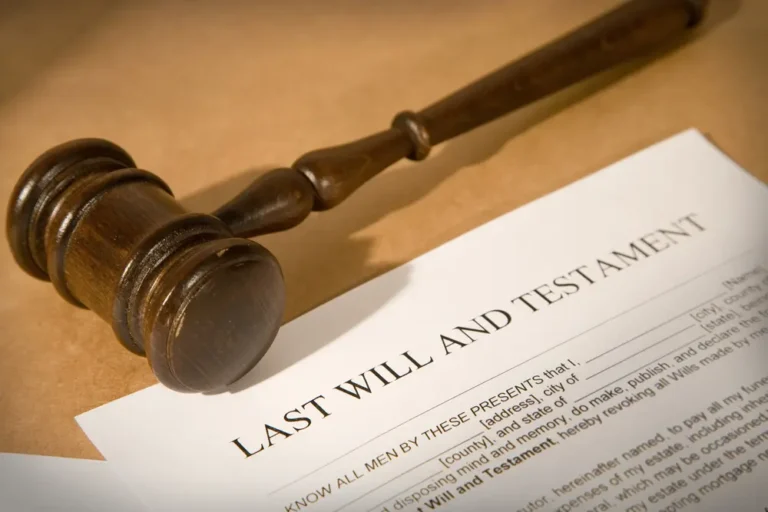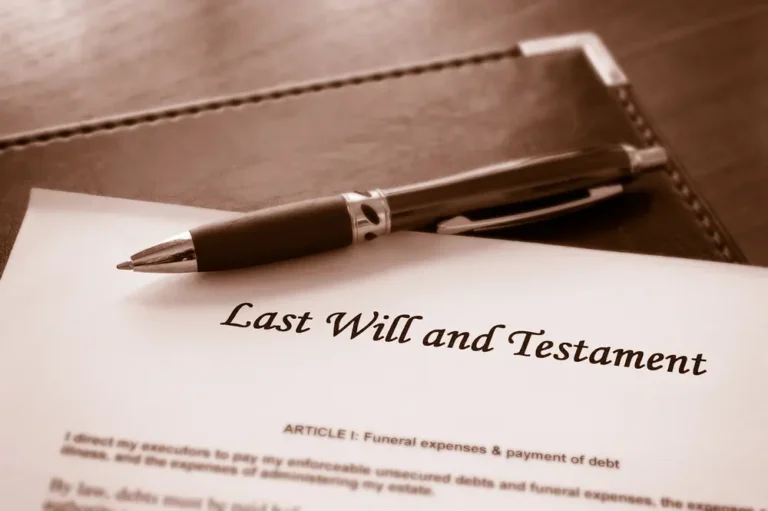Do I Need a New Will After My Divorce?~2 min read
One important part of your divorce settlement agreement should be making changes to your will. There are unfortunate consequences if you fail to do this.
Drafting a New Will After the Divorce
If you have named your spouse in your will as the beneficiary of most of your assets when you die, that is who will inherit your assets if you do not change your will at the time of your divorce. It won’t matter how long you have been divorced.

If your will remains unchanged, your named beneficiary, your ex-spouse, will inherit under the terms of your will even if you have been divorced for years and even have remarried. Your former spouse will inherit, and your new spouse will get nothing.
In addition, the assets you own after your divorce will be different from the assets you owned prior to your divorce. In Texas, when couples divorce, their marital assets are divided equally between them. So not only do you need to change your will to reflect a new beneficiary, but you also need to change it to accurately reflect the assets you own that are yours to leave to a beneficiary.
Destroy Your Old Will
You can change your will by adding a codicil, which is an addition to your current will that is dated and witnessed. While this should work, a better way to change your will is to destroy your old will and draft a new one. You may want to add a statement in your new will that you do not want your ex-spouse to inherit anything from you.
Contact Springer & Lyle for Assistance
Our family and estate planning attorneys at Springer & Lyle will talk with you and assist you in making the necessary changes to your new will so that the people you want to inherit will receive from you what you want them to and people, such as your spouse, who you no longer want to be your beneficiary will not inherit your assets.
You can schedule a consultation by contacting us online or by calling 940.387.0404.







